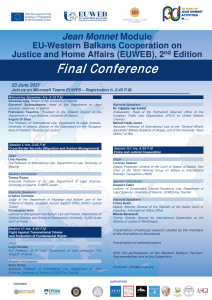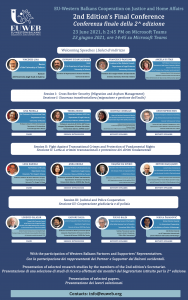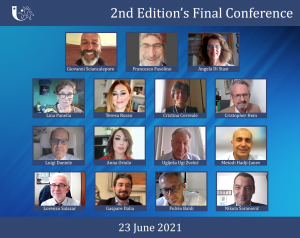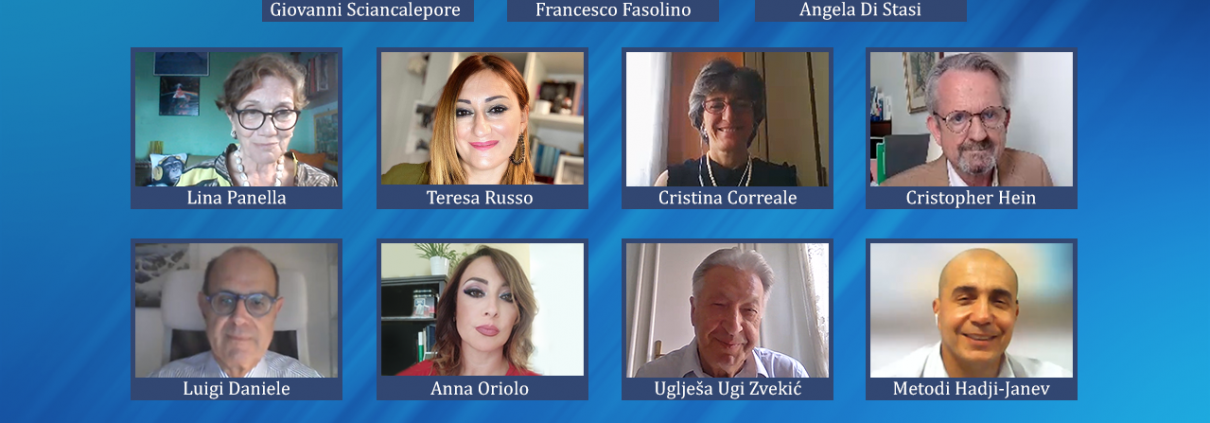Final Conference of the Jean Monnet Module EU-Western Balkans Cooperation on Justice and Home Affairs (EUWEB), 2nd Edition
On Wednesday 23 June 2021 at 2:45 PM on the platform “Microsoft Teams”, the Final Conference of the 2nd of the Jean Monnet Module “EU-Western Balkans Cooperation on Justice and Home Affairs” (EUWEB) took place. EUWEB Module is a Specialized High Training Course coordinated by Prof. Teresa Russo (Module Leader), together with the Proff. Anna Oriolo and Gaspare Dalia (Key Teaching Members).
The event ended the cycle of training courses carried out weekly from March to June 2021, on the topics of immigration, asylum, border control, fight against transnational crime, police and judicial cooperation as well as the protection of fundamental rights with a view to the future accession of the Western Balkans to the Union. The 2nd edition included specific insights concerning the impact of the current health emergency, as well as information and communication technologies.
The Final Conference, structured in three sessions that reflect the thematic and research areas of the Course, started with the welcoming speeches of the Rector of the University of Salerno, Prof. Vincenzo Loia, and of Profs. Giovanni Sciancalepore (Head of Department of Legal Sciences), Francesco Fasolino (President of the Didactic Council of the Department of Legal Sciences, University of Salerno) and Angela Di Stasi (Full Professor of International and EU Law, Department of Legal Sciences, University of Salerno, Director of the Observatory on the “European Area of Freedom, Security and Justice”).
The first session (Cross-border security, Migration and Asylum Management, h. 3:45) was chaired by Professor Lina Panella (Full Professor of International Law, Department of Law, University of Messina) and introduced by Professor Teresa Russo (Associate Professor of European Union Law, Department of Legal Sciences, University of Salerno). The session was enriched by the reflections of Dr. Cristina Correale (Judge at the Department of Migration and Asylum Law of the Tribunal of Naples, European Asylum Support Office (EASO) Judicial Trainer) and Prof. Christopher Hein (Lecturer of Immigration & Asylum Law and Policies, Department of Political Sciences and School of Government, University “LUISS Guido Carli” of Rome).
Then, the second session (Fight Against Transnational Crime and Protection of Fundamental Rights, h. 3:55) was chaired by Prof. Luigi Daniele (Full Professor of EU Law, Faculty of Law, University “Tor Vergata” of Rome) and introduced by Prof. Anna Oriolo (Associate Professor of International Law, Department of Legal Sciences, University of Salerno). This Session saw the speeches of Dr. Uglješa Ugi Zvekić (Ambassador, Head of the Permanent Observer Office of the European Public Law Organization (EPLO) to United Nations (Vienna)) and Col. Prof. Metodi Hadji-Janev (Associate Professor of International Law at the “General Mihailo Apostolski” Military Academy of Skopje, unit of the University “Goce Delčev” of Štip).
Lastly, the third session of the Conference (Police and Judicial Cooperation, h. 4:45), chaired by Dr. Lorenzo Salazar (Deputy Public Prosecutor at the District Court of Appeal of Naples, Vice Chair of the OECD Working Group on Bribery in International Business Transactions (WBT)) and introduced by Prof. Gaspare Dalia (Lecturer of Comparative Criminal Procedural Law, Department of Legal Sciences, University of Salerno), was animated by the speeches of Dr. Fulvio Baldi (Deputy General Prosecutor of the Republic at the Italian Supreme Court of Cassation, International Affairs Office) and Dr. Nikola Šaranović (Former Director General for International Cooperation at the Ministry of Justice of Montenegro).
The Conference was closed by the presentation of the research carried out by the members of the 2nd edition’s Secretariat and by the discussion of the best papers written by the participants in the Course.
The Conference was also be attended by professors of Albanian and Macedonian universities, as well as representatives of associations, respectively as partners and supporters of the Module.
